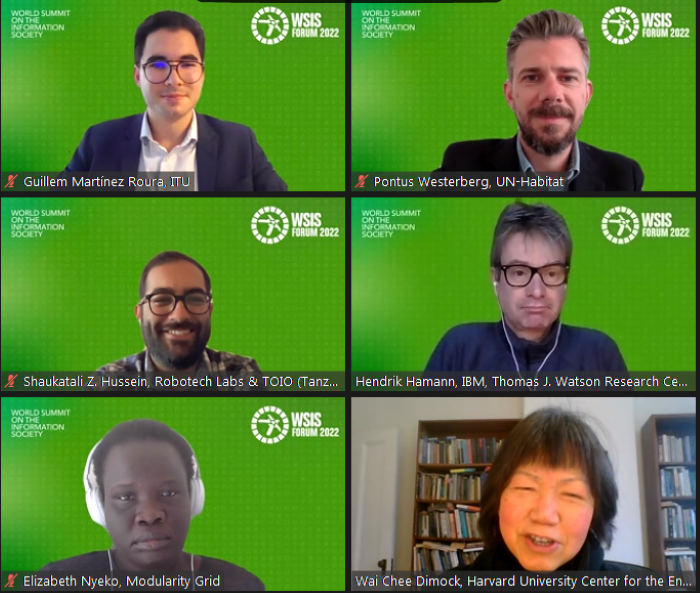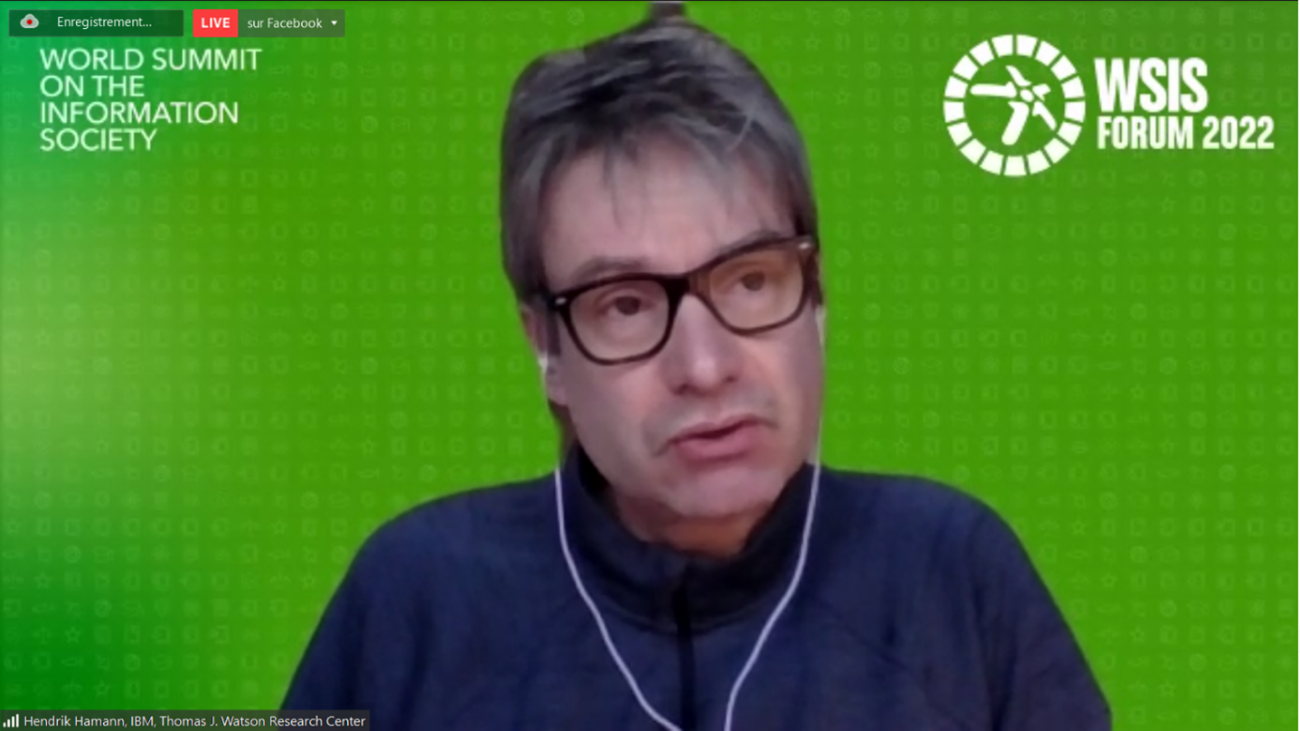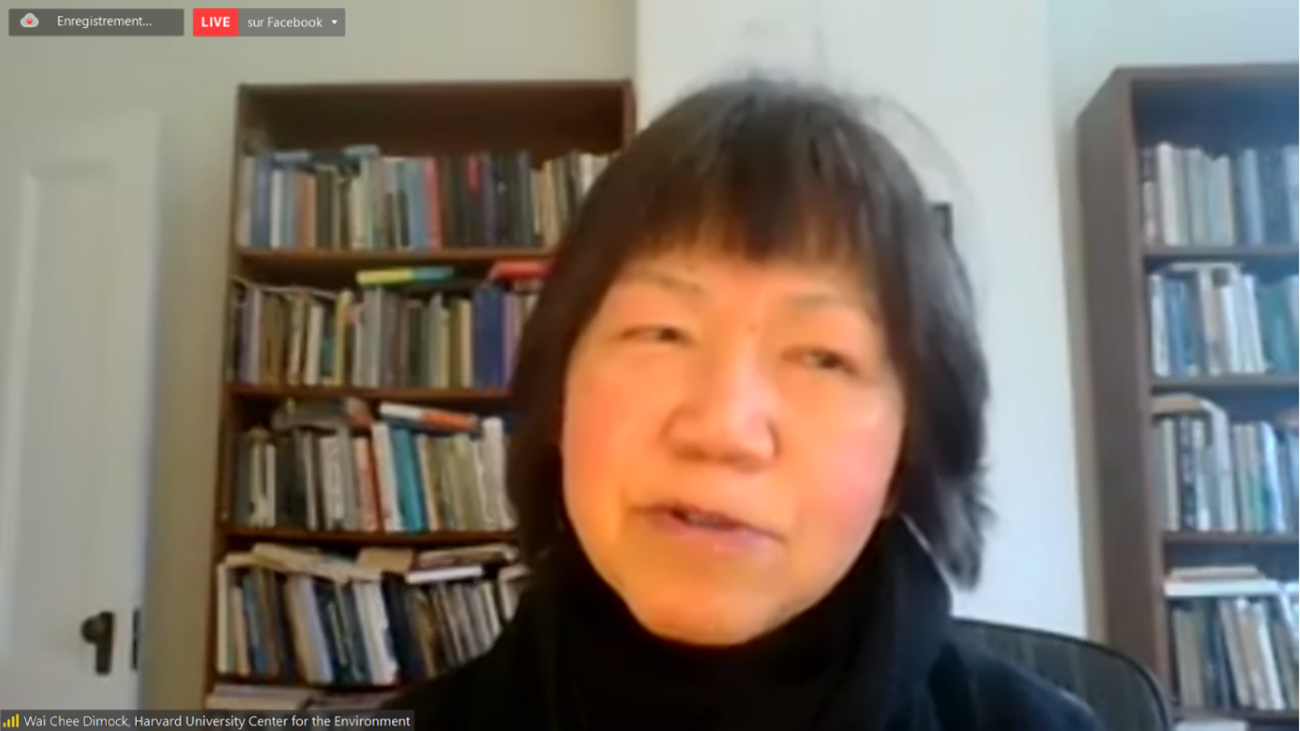Using emerging technologies to reduce pollution and combat climate change
WSIS
Session 278
Climate change remains the existential challenge of our time. The consequences of climate change are already observable, including air pollution that impacts seriously on the environment in a number of ways.
On pollution, according to the WHO, it was estimated in 2016 that 4.2 million people die prematurely every year due to exposure to ambient outdoor air pollution, making air pollution one of the most important environmental risks to health.
The emerging technologies can really make a change in reducing pollution and in combating climate change. The World Economic Forum observes that Big Data can help cities to build climate action plans which would be more impactful, Artificial Intelligence can also help cities to improve energy efficiency and Blockchain can help governments to better keep track of their emissions. The applications of these technologies can help us better to accelerate efforts to achieve the Sustainable Development Goal (SDG) 13: ‘Take urgent action to combat climate change and its impacts,’.
This session will address issues on pollution and climate change and highlight ICTs innovative solutions and initiatives developed by different stakeholders to help assess, mitigate and adapt to climate change.
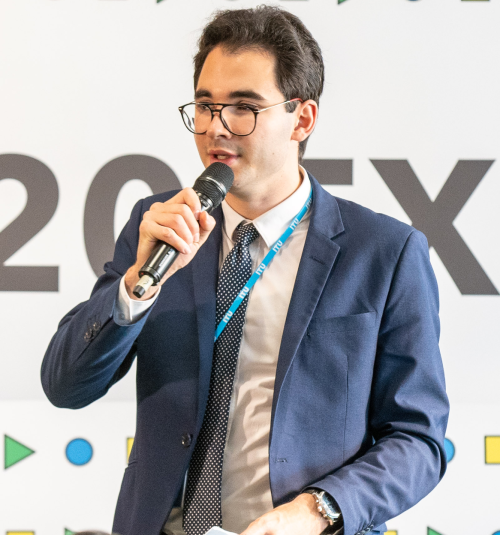
Guillem is the AI and Robotics Programme Coordinator at the International Telecommunication Union (ITU-UN), the United Nations specialized agency for ICTs. He has more than 10 years of experience in robotics. He has participated in major international robotics tournaments in North America, Asia and Europe, and he is the CEO and Co-Founder of ROBOCAT, a leading non-profit educational platform that promotes learning robotics and coding among young people, regardless of gender, socio-economic background or academic ability.

Pontus Westerberg is a programme manager at UN-Habitat, the UN agency for sustainable cities, where he leads initiatives on digital technologies, people-centered smart cities and climate innovation. He is the manager of the Climate Smart Cities Challenge, an open innovation initiative to reduce the carbon emissions of cities. He represents UN-Habitat in the steering group of the Cities for Digital Rights Coalition, the UN Working Group on Artificial Intelligence and the Fin-Est Twins Smart Cities Centre of Excellence Advisory Board . Before joining the UN in 2012, he worked in the NGO sector for 10 years.
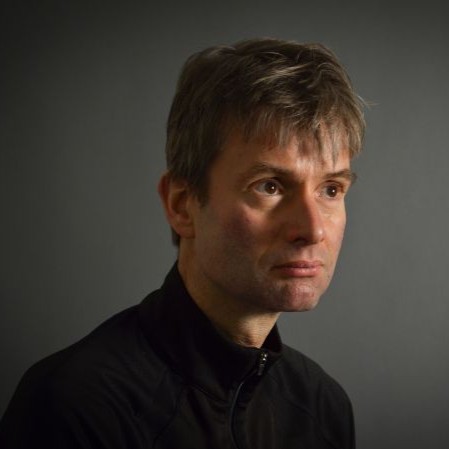
Dr. Hendrik Hamann is a Distinguished Research Staff Member and the IBM Chief Scientist for the Future of Climate. He received his PhD from the University of Göttingen in Germany. In 1999 he joined the IBM T.J. Watson Research Center. Hendrik’s interests include sensor-based physical modeling, machine-learning, artificial intelligence, big data technologies, geospatial analytics and climate informatics. He has more than 200 peer-reviewed scientific papers and holds over 170 patents. Hendrik has served on governmental committees such as the National Academy of Sciences, the National Science Foundation and as an industrial advisor to universities. He won several awards including the 2016 Prize for Industrial Applications of Physics of the American Institute of Physics. He is a fellow of the American Physical Society (APS), a senior member of The Institute of Electrical and Electronics Engineers (IEEE), and a member of the Optical Society of America (OSA) and the New York Academy of Sciences. He is also a standing member of the National Mapping Committee of the National Research Council and a Visiting Professor at Yamagata University.
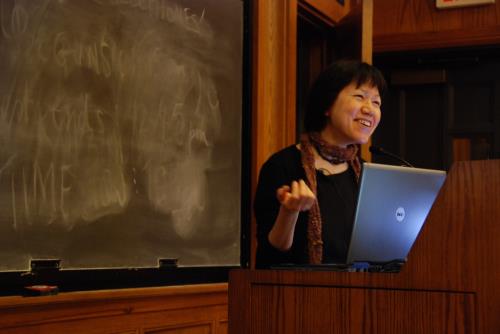
Wai Chee Dimock writes about public health, climate change, and indigenous communities, with a special emphasis on the symbiotic relation between humans and nonhumans. She taught at Yale for many years and is now at Harvard’s Center for the Environment, working on a new book, “Microbes and Machines: Surviving Pandemics and Climate Change with Nonhuman Companions.” Her Weak Planet (U of Chicago Press) was published in 2020. Other writings have appeared in Artforum, Los Angeles Review of Books, New York Times, New Yorker, and Scientific American.
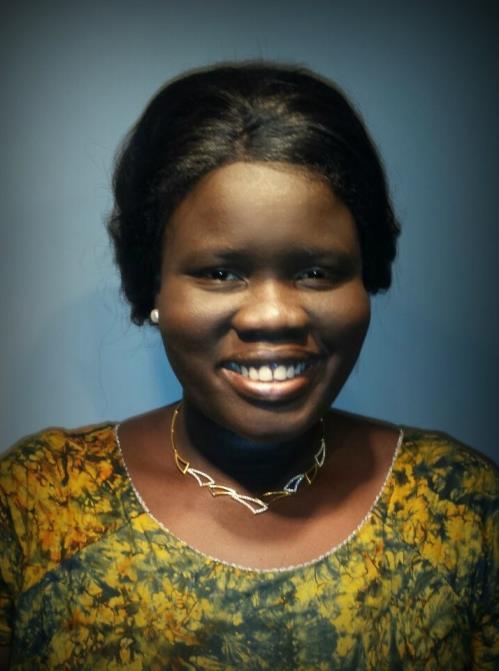
Founder & CEO of Modularity Grid, a climate tech startup applying AI to accelerate the deployment of renewables. Previously, co-Founded Mandulis Energy which works in partnership with UN FAO and is funded by AfDB, Total, KfW, UN Capital Development Fund, FMO, and Fresco Capital among others. Elizabeth started her career in Investment Banking at bulge bracket banks in London, and has also worked in academia at Imperial College and Oxford University. She holds an MSc from Oxford University, where she won scholarships for her Dphil research before leaving to launch Mandulis.

With a Bachelors in Mechatronics/Robotics Engineering, Shaukatali strives towards creating impact driven solutions for the community. Working with young talented individuals, he believes that the future of tomorrow lies in the hands of the people themselves and hence making it a pivotal role to ensure technology is made inclusive to promote development as well as continuous growth for the future of Tanzania
-
 C1. The role of governments and all stakeholders in the promotion of ICTs for development
C1. The role of governments and all stakeholders in the promotion of ICTs for development
-
 C3. Access to information and knowledge
C3. Access to information and knowledge
-
 C4. Capacity building
C4. Capacity building
-
 C7. ICT applications: benefits in all aspects of life — E-environment
C7. ICT applications: benefits in all aspects of life — E-environment
-
 C11. International and regional cooperation
C11. International and regional cooperation
-
 Goal 3: Ensure healthy lives and promote well-being for all
Goal 3: Ensure healthy lives and promote well-being for all
-
 Goal 11: Make cities inclusive, safe, resilient and sustainable
Goal 11: Make cities inclusive, safe, resilient and sustainable
-
 Goal 12: Ensure sustainable consumption and production patterns
Goal 12: Ensure sustainable consumption and production patterns
-
 Goal 13: Take urgent action to combat climate change and its impacts
Goal 13: Take urgent action to combat climate change and its impacts
-
 Goal 17: Revitalize the global partnership for sustainable development
Goal 17: Revitalize the global partnership for sustainable development
